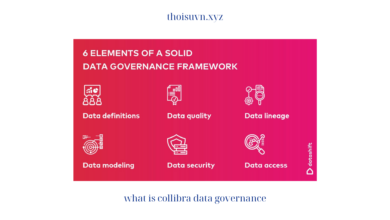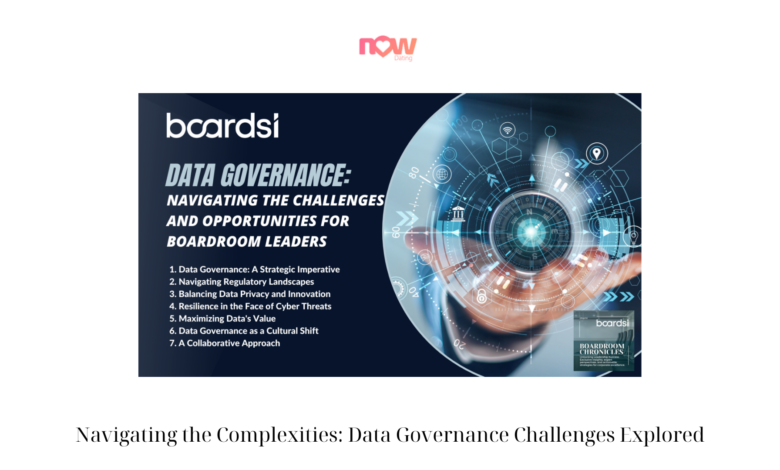
In the ever-evolving world of data management, the importance of effective data governance has become increasingly critical. As organizations strive to unlock the full potential of their data assets, they face a myriad of challenges that test their ability to maintain control, ensure compliance, and drive strategic decision-making. This article by qule delves into the key data governance challenges that organizations must navigate to achieve their data-driven objectives.
Navigating the Complexities: Data Governance Challenges Explored
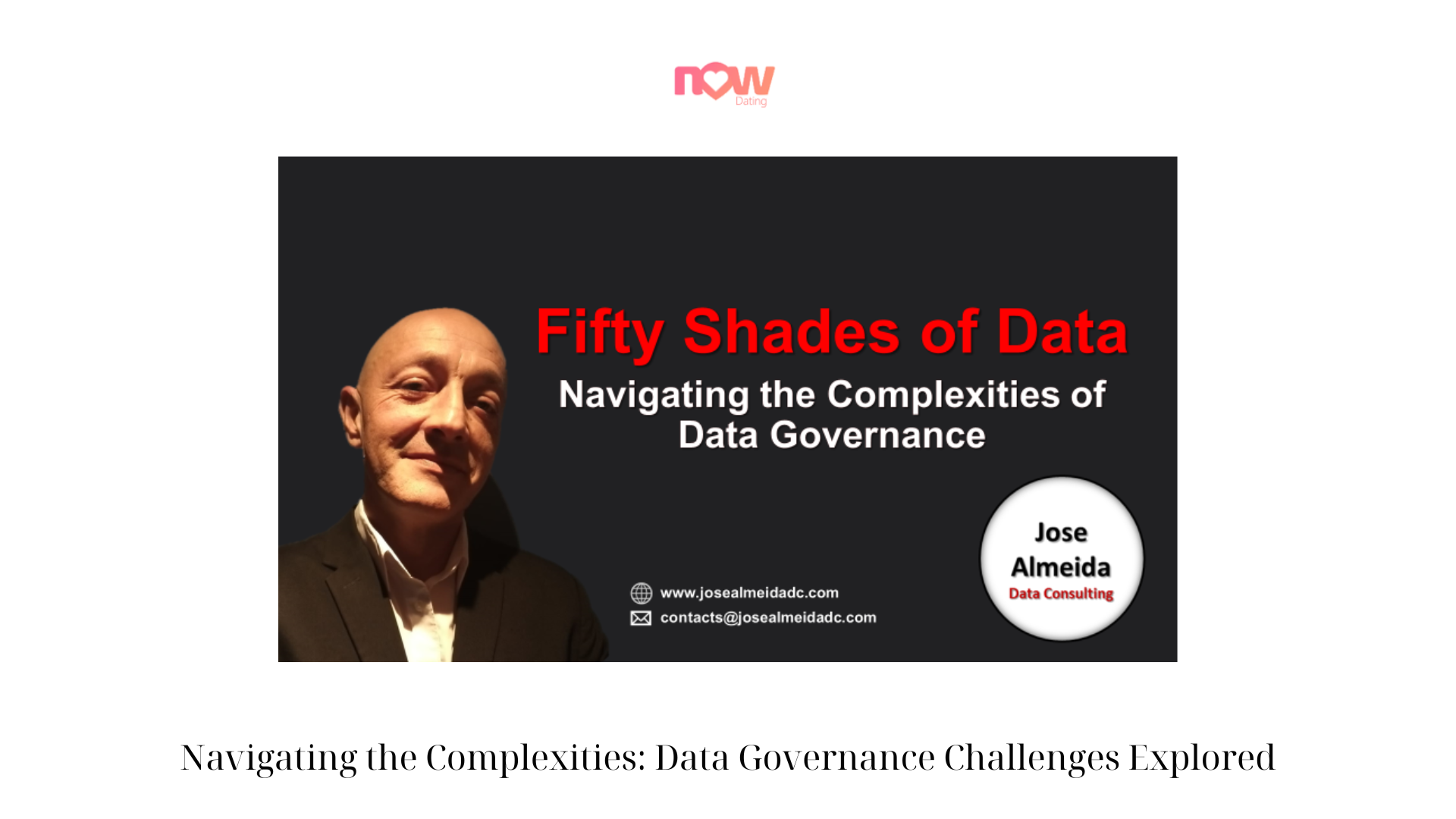
The Struggle for Data Ownership and Accountability
One of the most pressing data governance challenges stems from the ambiguity surrounding data ownership and accountability. In complex, siloed organizations, data is often dispersed across multiple departments, systems, and stakeholders, leading to a lack of clear ownership and responsibility. This fragmentation can result in data inconsistencies, duplications, and a general lack of trust in the data’s accuracy and reliability.
Establishing a clear data ownership model, with defined roles and responsibilities, is crucial for effective data governance. Organizations must identify data stewards or data owners who are accountable for the data’s quality, security, and accessibility. These individuals should have the authority to make decisions, enforce policies, and coordinate cross-functional collaboration to ensure data integrity.
Addressing the Challenge of Data Quality and Consistency
Consistent and high-quality data is the foundation of informed decision-making, yet many organizations struggle with this fundamental aspect of data governance. Disparate data sources, outdated or inaccurate information, and inconsistent data definitions can undermine the credibility and usability of an organization’s data assets.
Effective data governance requires a comprehensive approach to data quality management. This includes implementing data quality standards, establishing data cleansing and validation processes, and ensuring consistent data definitions and taxonomies across the organization. Additionally, organizations should invest in data profiling and monitoring tools to continuously assess and improve data quality.
By addressing data quality challenges, organizations can enhance the reliability of their data, enabling more informed decision-making and reducing the risk of costly errors or regulatory non-compliance.
Navigating the Complexities of Data Security and Privacy
In an era of heightened data protection regulations, such as the General Data Protection Regulation (GDPR) and the Health Insurance Portability and Accountability Act (HIPAA), organizations must navigate the complex landscape of data security and privacy. Failure to comply with these regulations can result in severe financial and reputational consequences.
Data governance plays a crucial role in ensuring the security and privacy of sensitive data. This includes implementing robust access controls, data encryption, and comprehensive data classification and retention policies. Organizations must also establish clear processes for data subject rights, such as the right to access, rectify, or erase personal information.
Achieving compliance with data protection regulations requires a collaborative effort across departments, including IT, legal, and data management teams. By integrating data security and privacy considerations into their data governance framework, organizations can mitigate risks, protect their reputation, and build trust with customers and stakeholders.
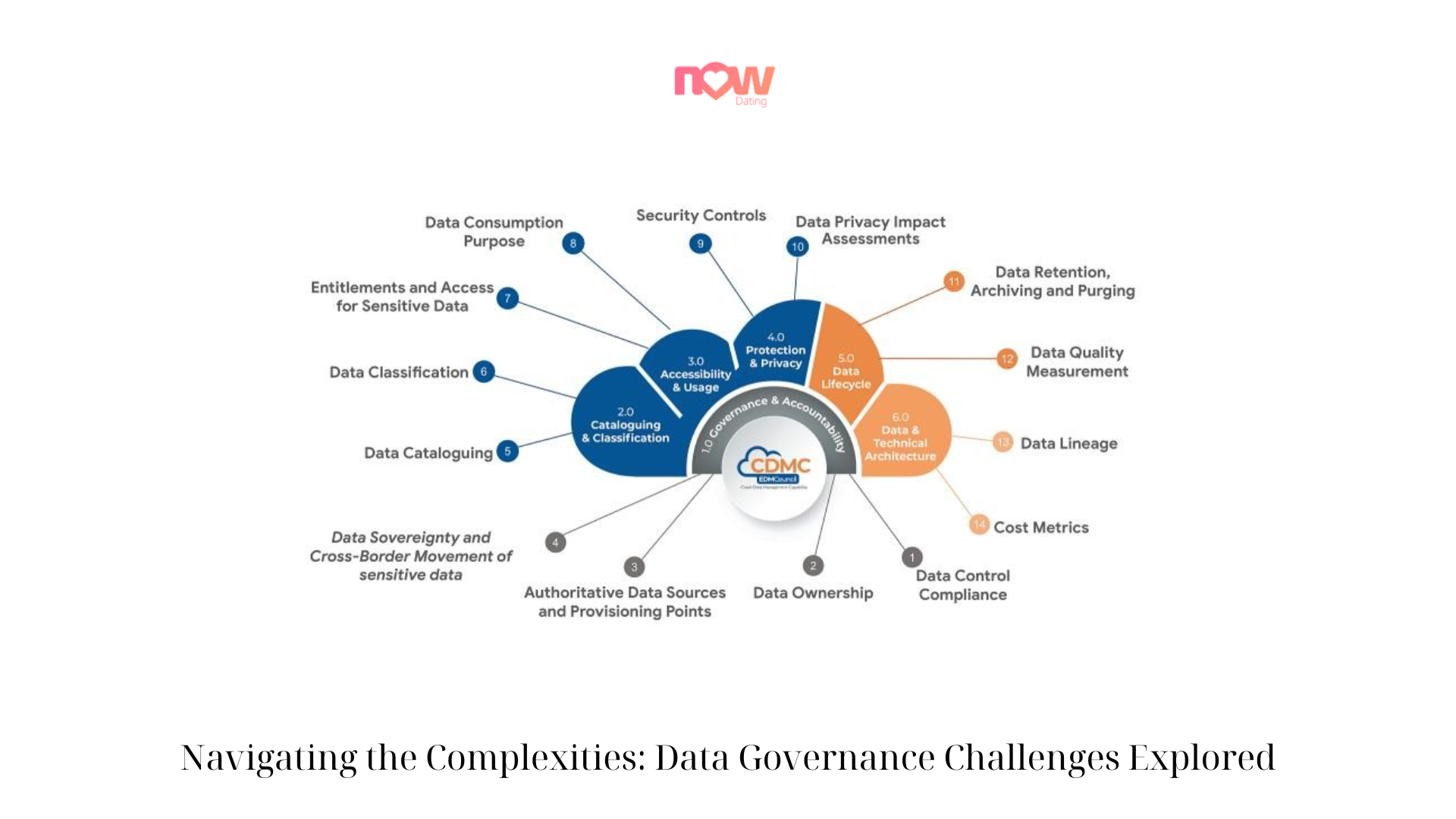
Overcoming the Challenges of Data Accessibility and Utilization
In today’s data-driven landscape, organizations must not only govern their data effectively but also ensure its accessibility and utilization. However, many organizations struggle with breaking down data silos, enabling seamless cross-functional data sharing, and empowering employees to leverage data in their decision-making processes.
Effective data governance addresses these challenges by establishing data sharing protocols, data catalogs, and self-service data access mechanisms. This enables users to discover, understand, and access the data they need, while maintaining appropriate controls and security measures.
Furthermore, data governance should encompass the development of data literacy programs and the promotion of a data-driven culture. By equipping employees with the skills and knowledge to interpret and utilize data effectively, organizations can unlock the full value of their data assets and foster a more data-literate workforce.
Balancing Centralization and Decentralization in Data Governance
Striking the right balance between centralized and decentralized data governance is another key challenge that organizations must navigate. On one hand, a centralized approach can provide a consistent, enterprise-wide framework for data management. On the other hand, a decentralized model can empower individual business units or departments to make more agile, contextual data decisions.
Effective data governance frameworks often incorporate elements of both centralization and decentralization. This hybrid approach involves establishing enterprise-wide data policies, standards, and governance processes, while also enabling local data stewardship and decision-making within specific business units or functions.
By striking this balance, organizations can leverage the benefits of both models, ensuring consistent data management practices while also fostering agility and responsiveness to changing business needs.
Embracing Emerging Technologies and Data Governance
As organizations continue to adopt emerging technologies, such as cloud computing, big data, and artificial intelligence, data governance challenges become increasingly complex. These technologies introduce new data sources, storage models, and analytical capabilities, which must be integrated into an organization’s overall data governance framework.
Effective data governance in the age of emerging technologies requires a proactive and adaptive approach. Organizations must continuously review and update their data governance policies, processes, and tools to accommodate the evolving data landscape. This may include establishing governance practices for cloud-based data storage, developing data provenance and lineage tracking, and implementing robust data security and privacy controls for advanced analytics and machine learning models.
By embracing the opportunities presented by emerging technologies while addressing the associated data governance challenges, organizations can unlock new levels of business value and competitive advantage.
Fostering a Data Governance Culture and Mindset
Ultimately, the success of data governance initiatives often hinges on the ability to cultivate a data-centric culture and mindset within the organization. Data governance cannot be seen as a purely technical exercise; it requires the active engagement and commitment of people across the organization.
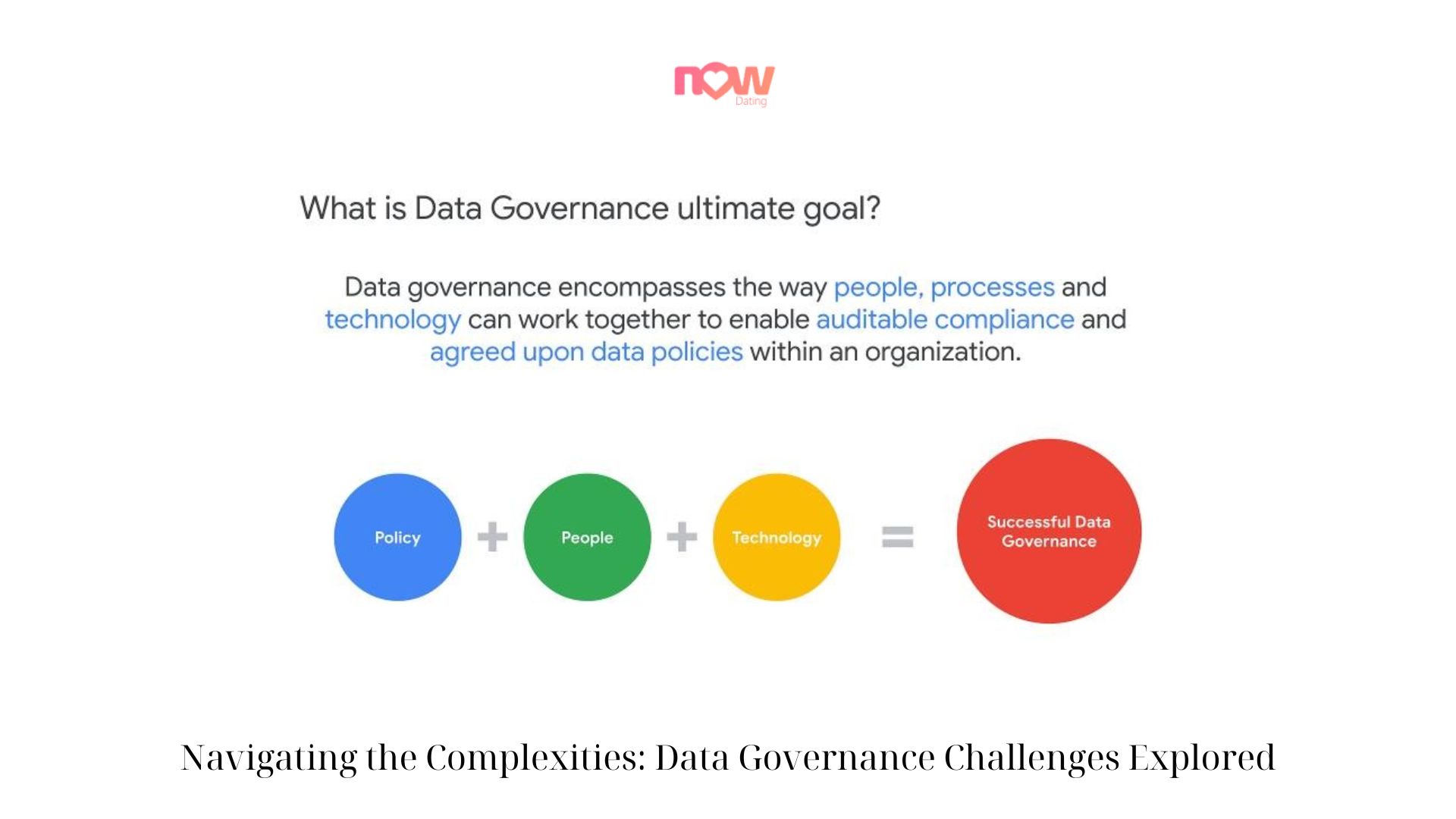
Developing a data governance culture involves several key elements:
- Establishing clear communication and awareness around the importance of data governance
- Providing ongoing training and education to empower employees to understand and contribute to data governance
- Aligning data governance initiatives with the organization’s strategic objectives and priorities
- Recognizing and rewarding data governance champions who demonstrate exemplary data stewardship
- Fostering a collaborative environment where data-driven decision-making is encouraged and celebrated
By nurturing a data governance culture, organizations can create a shared sense of ownership and accountability, ensuring that data governance becomes an integral part of the organization’s DNA.
Moving Forward: Overcoming Data Governance Challenges
Navigating the complexities of data governance is a continuous journey, marked by a series of evolving challenges and opportunities. As organizations strive to unlock the full potential of their data assets, they must be prepared to tackle the various data governance challenges head-on.
By establishing clear ownership and accountability, addressing data quality and consistency, ensuring data security and privacy, promoting data accessibility and utilization, and balancing centralization and decentralization, organizations can build a robust and resilient data governance framework.
Moreover, embracing emerging technologies and cultivating a data-centric culture are crucial elements in overcoming the data governance challenges of the future. By taking a proactive and collaborative approach, organizations can position themselves for success in the ever-evolving data landscape.
As data continues to be the lifeblood of modern businesses, effective data governance will remain a strategic imperative. By navigating the complexities and tackling the challenges, organizations can leverage their data assets to drive innovation, enhance decision-making, and ultimately, achieve their business objectives.
Conclusion: So above is the Navigating the Complexities: Data Governance Challenges Explored article. Hopefully with this article you can help you in life, always follow and read our good articles on the website: qule.info


